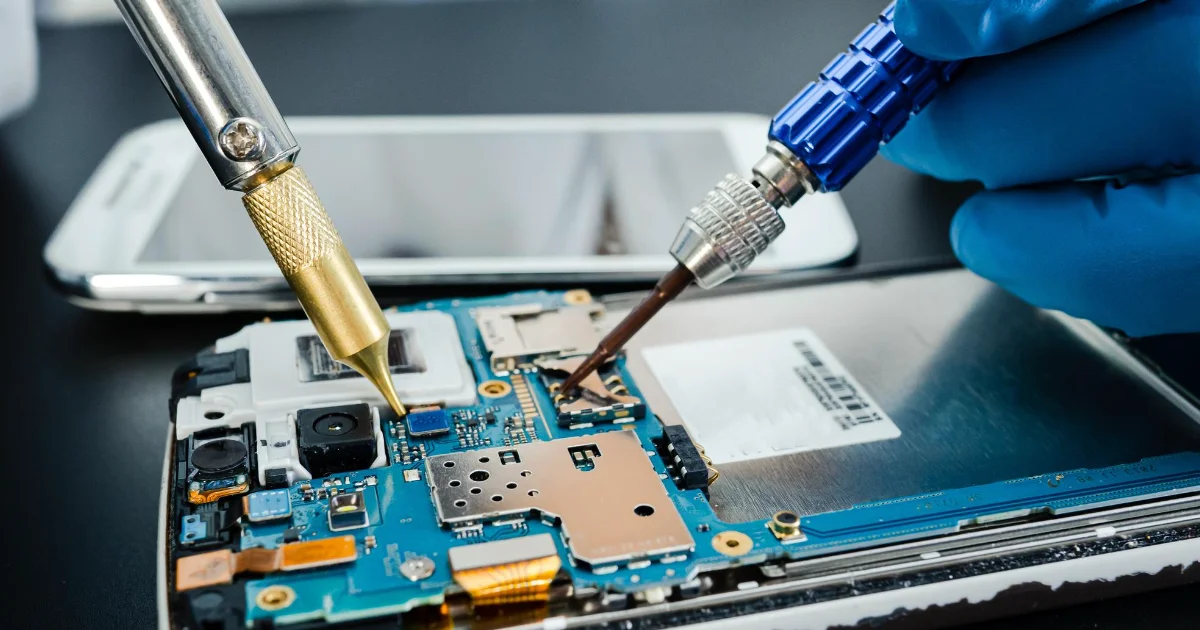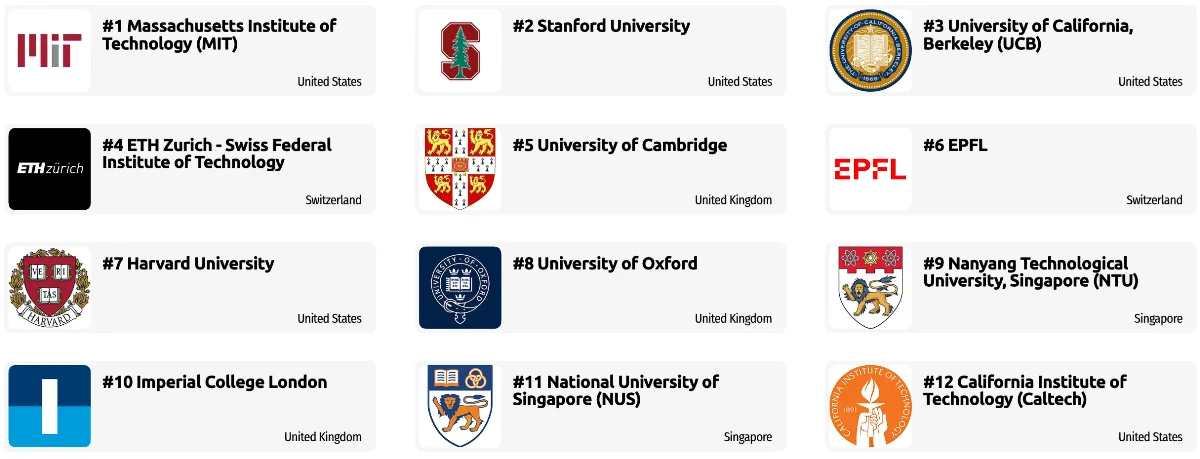Inspector

Inspectors should be great at:
- Estimating sizes, distances, and quantities; or determining time, costs, resources, or materials needed to perform a work activity.
- Observing, receiving, and otherwise obtaining information from all relevant sources.
- Identifying information by categorizing, estimating, recognizing differences or similarities, and detecting changes in circumstances or events.
- Inspecting equipment, structures, or materials to identify the cause of errors or other problems or defects.
Technician

Technicians will often be asked these tasks:
- Providing documentation, detailed instructions, drawings, or specifications to tell others about how devices, parts, equipment, or structures are to be fabricated, constructed, assembled, modified, maintained, or used.
- Using computers and computer systems (including hardware and software) to program, write software, set up functions, enter data, or process information.
- Servicing, repairing, calibrating, regulating, fine-tuning, or testing machines, devices, and equipment that operate primarily on the basis of electrical or electronic (not mechanical) principles.
Other work activities related to Electronics engineers, except computer
- Developing solar photovoltaic products, such as inverters or energy management systems.
- Investigating green consumer electronics applications for consumer electronic devices, power saving devices for computers or televisions, or energy efficient power chargers.
- Researching or developing electronics technologies for using in electric driving vehicles.
- Researching or developing new green electronics technologies, such as lighting, optical data storage devices, or energy efficient televisions.
- Determining project material or equipment needs.
- Evaluating project working for ensuring effectiveness, technical adequacy, or compatibility in the resolution of complex electronics engineering problems.
- Analyzing electronics system requirements, capacity, cost, or customer needs for determining project feasibility.
- Conferring with engineers, customers, vendors, or others for discussing existing or potential electronics engineering projects or products.







